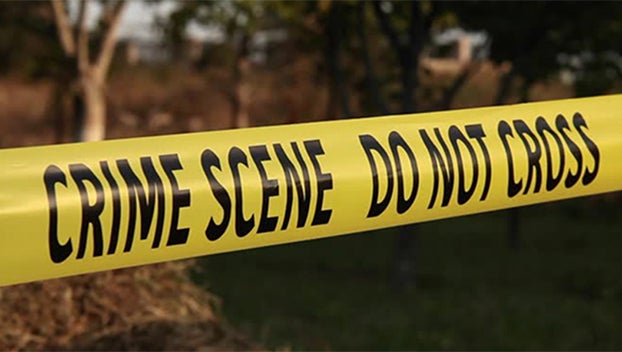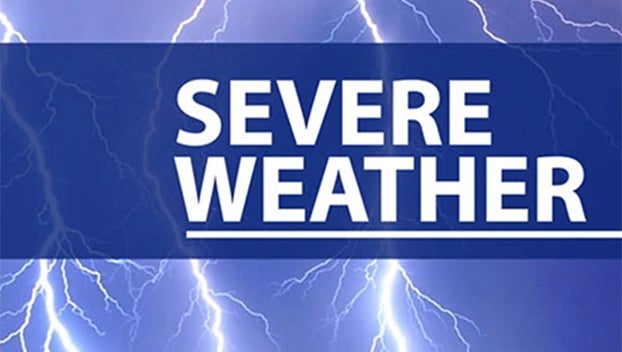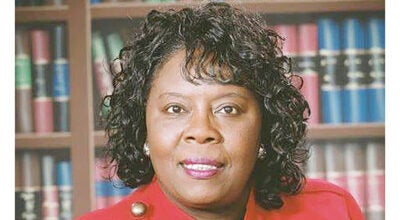Sewer line break that dumped 1 million gallons repaired
Published 6:17 pm Friday, February 16, 2018
The Texas Commission on Environmental Quality is investigating a wastewater spill that dumped an estimated 1 million gallons of untreated water earlier this month.
Andrea Morrow, media relations manager for TCEQ, said staff has been in communication with the city regarding this incident and the city has indicated they have stopped the discharge and are in the process of replacing the ruptured section of line. The city will also be required to cleanup and disinfect the impacted area.
“The TCEQ is conducting an investigation of this incident and will also continue to monitor the situation to ensure the repairs and cleanup are properly completed,” Morrow said.
According to information from the city, there was a rupture in a 36-inch line that caused structural failure to pipe ductile iron piping decay between Feb. 9 and Feb. 12 at 5440 Procter St. Extension’s main lift station.
Donald Stanton, assistant director of utilities with the city of Port Arthur, said the line that broke carries wastewater from the last main lift station to the sewer treatment plant but did not include wastewater from the Port Acres of Sabine Pass areas of the city.
“Sewer crews responded as soon as possible,” Stanton said. “A bypass pump was secured and connected so it is no longer discharging any leaks.”
The bypass pump connects before the leak and discharges into an alternate main. The area was disinfected to eliminate any health issues, and a contractor repaired the line break on Thursday.
Not all of the local media or residents were made aware of the line rupture. The city’s public information officer was not in the office at least part of this week, which may be a factor in the news not being released in a speedy manner.
According to TCEQ, permitted facilities and subscribers are required to report the date, location, volume and contents of the unauthorized discharges and sanitary sewer overflows to the TCEQ regional office as soon as possible but no later than 24 hours after becoming aware of the event.





